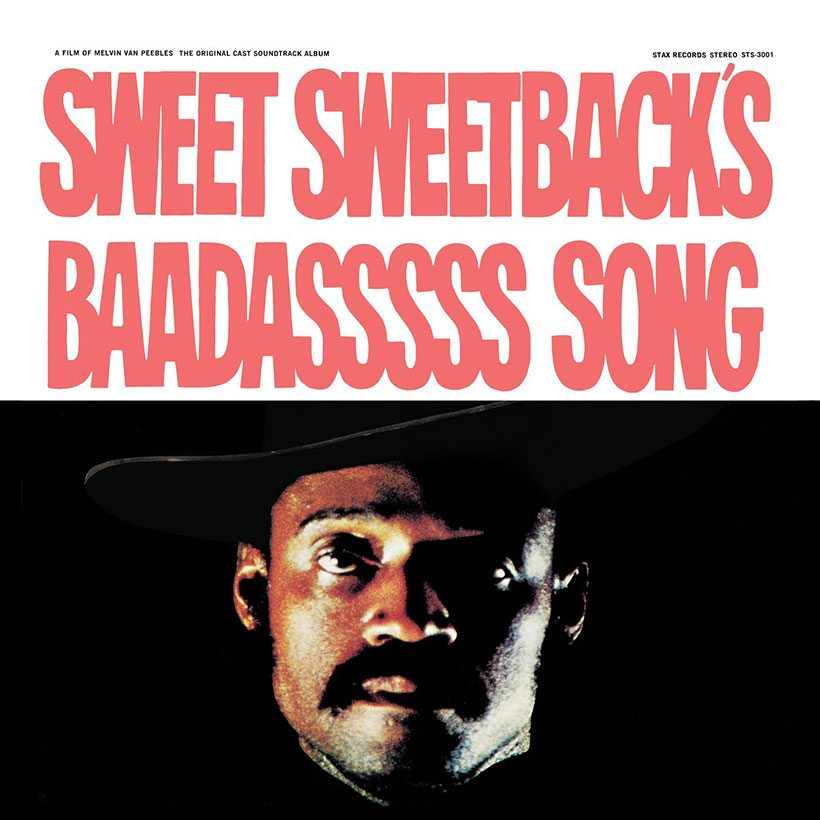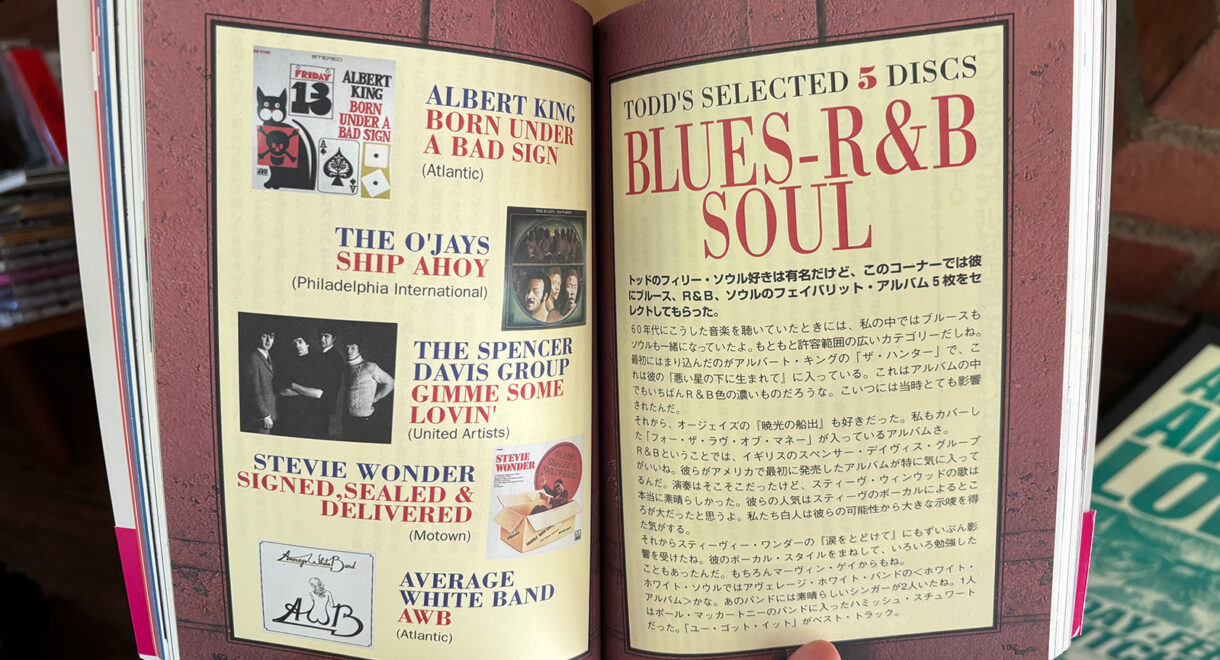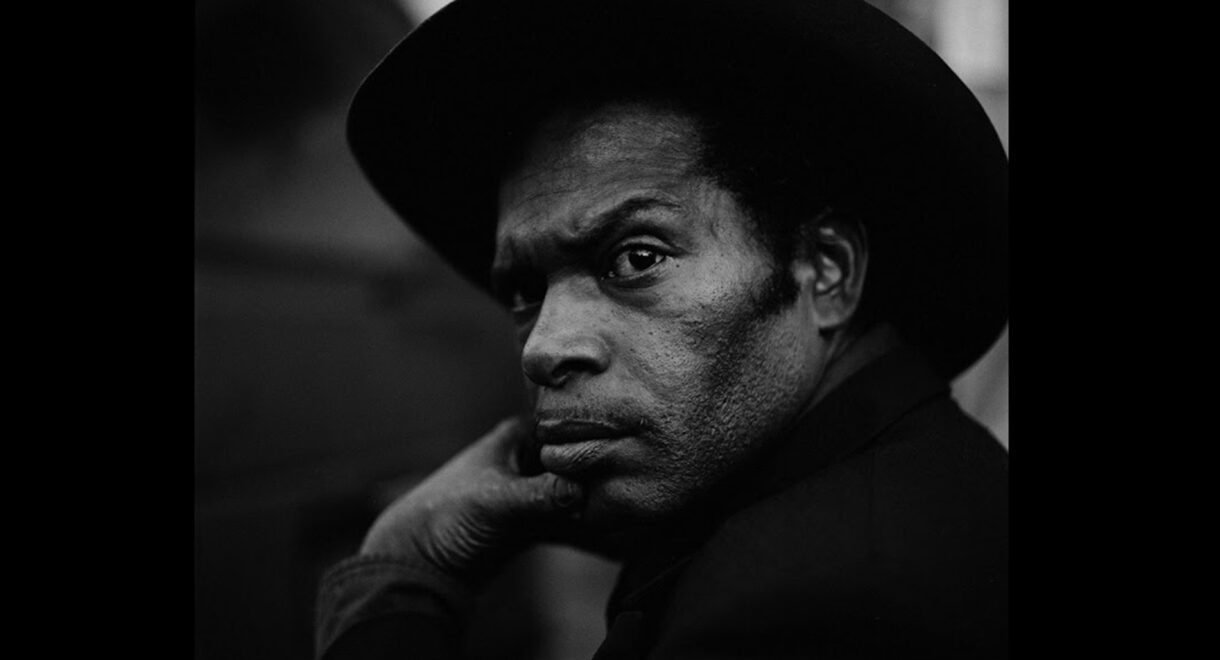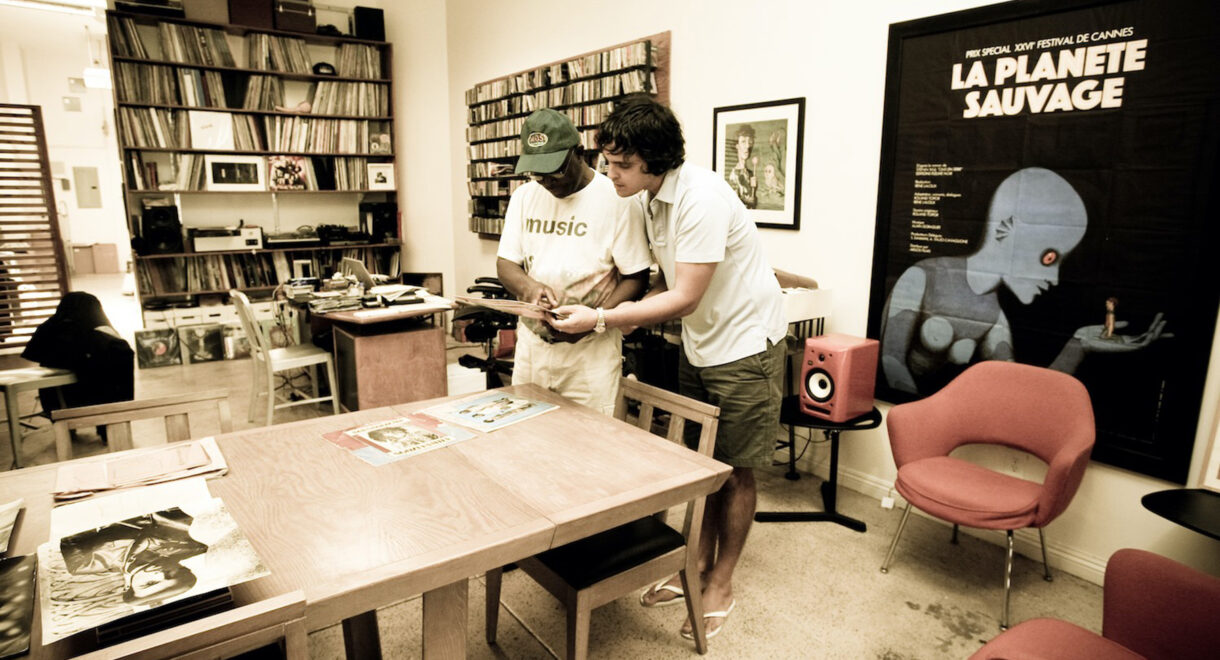“Dubwise but not exactly dub, rich in ambience but not exactly ambient music.” With three of the classic Sade albums (Promise, Diamond Life, Stronger Than Pride) recently repressed […]
Sweet Sweetback’s Baadasssss Song: 10 Iconic Blaxsploitation Soundtracks

This cinematic movement centered around the black experience gave legends like Roy Ayers and Barry White their first shot at scoring films.
The American civil rights movement in the 1950s and ‘60s led a mass migration of mostly white communities out of racially mixed cities, who abandoned them for the outer-ring suburbs where they could effectively segregate themselves. This “white flight” or “white exodus” suddenly changed the culture and economics of major cities like New York and Chicago, and dozens of smaller rust belt cities such as Detroit, Cleveland and St. Louis.
The move saw cities self-segregate to become home to Black and other POC populations, including new immigrants. Movie theaters that programmed for mostly white audiences found themselves with vacant showplaces, which left Hollywood wondering how they were going to sell tickets with their target market gone. At this point many black characters in mainstream cinema were embarrassing stereotypes.
The eventual shift came from the underground, and the film that initiated the Blaxploitation was Melvin Van Peebles’ Sweet Sweetback’s Baadasssss. It had black characters who were heroes worth lusting after and the storylines reflected the happenings in the inner cities. Most surprisingly, the film was self-financed and was also co-produced, scored, edited by — and starred — Peebles.

Black Panther chapters across the country promoted the film as required viewing. The theaters were packed again and the movie went on to gross over $15 million. It set the stage for the aesthetic that Blaxploitation was famous for. It also provided Hollywood the financial incentive to produce Shaft, which mainstreamed the genre and legitimized Blaxsploitation to a wary film industry.
Other than the incredible costuming and endlessly quotable one liners, like “Can you dig it?,” the films had stellar soundtracks by the biggest names in soul and funk. Previous to Blaxploitation films, non-jazz Black music was rarely featured on Hollywood soundtracks. About 200 films were released from the official period of 1971-1976, and below is a list of ten essential soundtracks from the period. Some great albums didn’t make the cut, but you can explore a supplementary playlist below to get an even better taste of one of the most exciting moments in American music.
Melvin Van Peeples & Earth, Wind, and Fire – Sweet Sweetback’s Baadasssss Song (1971)
Melvin Van Peeples fits the archetype of a renaissance man, and empowered many black filmmakers to tell their own stories. It was the first popular film to incorporate black power ideology, and its profits set the roots of an entire Black cinematic movement. Van Peebles brought on Earth, Wind & Fire to score the film with him before they found fame, and the soundtrack was full of the heavy bass riffs and wah-wah guitars that became an essential part of the canon.
Disco Godfather, Rudy Ray Moore & Juice People Unlimited (1979)
Rudy Ray Moore became famous after his first movie Dolomite was released 1975. Dolomite was known for his self-described “all girl army of kung fu killers.” It had a great soundtrack, but he outdid himself with Disco Godfather. His other soundtrack for his 1976 film The Human Tornado is another gem, and you can give that a listen via the playlist below.
Curtis Mayfield – Superfly (1972)
One of the most iconic songs to come out of the 1970’s is “Pusherman” by Curtis Mayfield, though many don’t know this soulful track is from this revolution in cinema. The trope of the hyper masculine cocaine kingpin with a talent for seduction was one of the most popular storylines, but this was the first of many blaxploitation movies that included martial arts as a part of the storyline. Mayfield can be spotted performing in the movie, so when you do give this movie a watch make sure to be on the lookout for him.
James Brown – Slaughter’s Big Rip-Off (1973)
With a hyperviolence that inspired filmmakers like Quinten Tarintino, Slaughter fills every moment with dense, occasionally ridiculous melodrama, so if the dialog doesn’t have you in a fit of laughter, the delivery will. The hero of the film is military-trained and ruthless in his search to avenge the murder of his parents. James Brown offers his signature funkified mood, filled with a rebellious joy — even if it takes the edge off some of the action sequences.
Johnny Pate – Bucktown (1975)
This is a straightforward action film about some good guys running the malevolent forces out of town. Johnny Pate resists the urge of over dramatising the emotional expression of the soundtrack, so it’s a perfect listen any day of the week. Yes, the lascivious sound effects at the end of this track will get your attention, but it doesn’t take away from the ease of Pate’s arrangement.
Issac Hayes – Shaft (1971)
The blaxploitation franchise to rule them all, Shaft is also probably the most well-known character from this period. Shaft was the first mainstream film of the genre, and it was fully backed by the Hollywood machine. Isaac Hayes out did himself with tracks like “Bumpy’s Lament”, that was later sampled on Erykah Badu’s “Bag Lady”, and the Shaft theme song puts an extra beat to every step for anyone within earshot of the signature beat.
Marvin Gaye – Trouble Man (1972)
Another visionary voice of his time, Marvin Gaye brought to life this career defining score. He didn’t deviate from his usual style for “Trouble Man” and the title track became a popular staple for his shows in the ‘70s and ‘80s. The film itself is great. Sset in New York, it revolves around the drama of street gambling.
Willie Hutch – The Mack (1973)
Any self respecting fan of the genre will say The Mack is an underrated classic. With Richard Pryor as a lead, the script juxtaposes the life of a ‘70s gangster and the Black nationalist ideology, which propels a deeper conversation about capitalism and race. Willie Hutch offers a beautiful theme song. Emotional and somber, the theme is followed by a high impact rhythm that is perfect for all of the ass-kicking in the film.
Barry White & The Love Unlimited Orchestra – Together Brothers (1974)
Though it may be incredibly obvious, Barry White produced what is perhaps the most sensually indulgent soundtrack on this list. Set to a pulsing rhythm that is carried throughout the soundtrack, most of the score is instrumental. So when White’s distinctive bass-baritone vocals arrive, it heats up the scenes.
Roy Ayers – Coffy (1973)
If you’re not familiar with many of these films, it could be a little overwhelming to find your favorite funk voices and composers at the helm of entire soundtracks, and this fortunate phenomenon did not exclude Roy Ayers. Coffy was by far the most virtuous of the heroes of the genre. Played by Pam Grier, the undisputed “Queen of Blaxploitation,” her character was on a relentless mission to eliminate the drug dealers in her community. Needless to say, she was very comfortable using her charm to lure men into violent comeuppance.
So many films with notable soundtracks aren’t covered here, so give this playlist below a listen to really immerse yourself in the funky zeitgeist of this movement.










